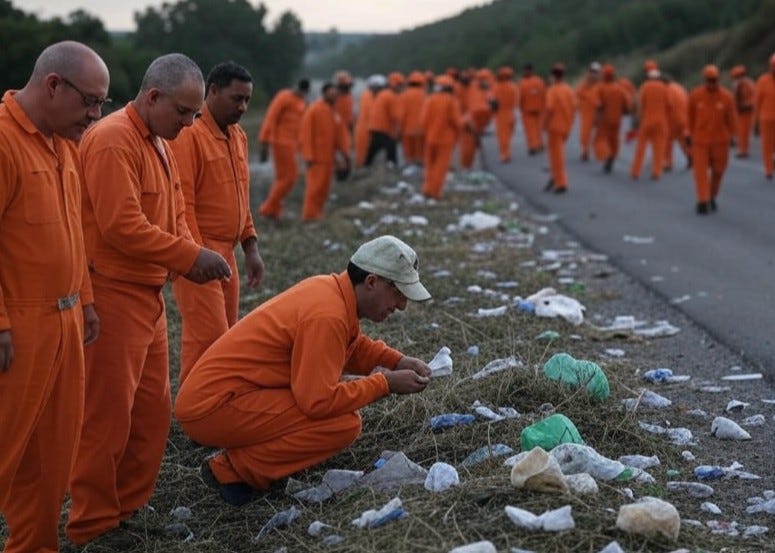‘New analysis reveals private equity firms own at least 10% of all U.S. apartments’
Not great news.
I’ve come to terms with the fact that semi-common concepts of UBI (Universal Basic Income) are not feasible in the U.S. in the near-term. Enough data shows we’d need an economy about triple the size. And of course that is not all that’s stopping us.
Just the other day, it occurred to me that a better way to sell the idea is through housing vouchers paid directly to landlords. $1000/month off rent for all U.S. renters under a certain income bracket.
Having large companies owning vast amounts of apartment housing isn’t great when you consider price fixing. It’s easy, it’s obvious. The standard pricing for housing is available and landlords can point to the median pricing as a way of saying, “What am I supposed to do?”
A problem with the rising costs of rental housing is that these rates never come down. Not in my lifetime at least.
While we’re on the subject of subsidies, anything that falls under the category of basic needs could receive a certain level of coverage. We could adopt an “opt out” instead of an “opt in” (through complicated and sometimes humiliating bureaucracy). Pennsylvania has LIHEAP (Low Income Home Energy Assistance program). The current income levels are absurd to qualify.
Here’s one example of Living Wages by State (U.S.) for 2025.
+
Here’s MIT’s Living Wage Calculator
+++++
Living Wage vs. Prison
Food for thought:
Here’s how much it costs to keep people in prison.
‘How much do states spend on prisoners?’ (USA Facts)
Pennsylvania prisoner cost: $67,275
Pennsylvania Living Wage? $47,657
*
Some southern states spend much less money per prisoner… one can only guess that this is because they don’t much care to provide humane living standards to prisoners.
*
The wildest data is Massachusetts spending upwards of $300,000 per prisoner each year.
Let’s set this outlier aside.
The national average is $64,000.
It’s a good annual wage so far as I’m concerned.
My belief is that the majority of those in prison would not make the same choices if they had a guaranteed salary of $64,000 per year. So, what might that tell us?
Why am I so convinced?
I’ve seen what poverty and precarity do to a person. I’ve been there myself. I’ve seen others that have it worse.
People who believe they have nothing to lose make desperate and poor decisions.
There is a misconception that there are lots of evil people in the world.
There might be a few.
The majority of people who make seemingly evil choices do so because of the trajectory of their life.
This is why we need to give people better life outcomes.
Creating worse, more desperate situations for people will only lead to more violence, more chaos, more destruction.
As society breaks down, less people are safe.
*
One answer is that we should reallocate funds away from the Prison Industrial Complex towards providing people with opportunities to avoid desperation in the first place. We do not have to immediately jump to entitlements— not necessarily.
A better society will treat those less fortunate as people and not expendable NPCs (Non-player characters) whose only purpose is servitude. The gig economy and hustle culture and “rise and grind” are yet another trap. These are carryover forms, almost throwbacks, to modern slavery as Tricia Hersey discusses in her writings about rest as a form of resistance.
Crunch the numbers. Over the next 10 years, an astounding amount of our workforce is predicted to be in some manner part of the service industry— living in servitude to the wealthiest members of society.
Time not spent in direct service will be encouraged to be used in ways that also produce gains for the wealthy.
This is how social media and forking over our data functions today.
This is why things like the “metaverse” are being created— not for the people, but rather to ensnare the people.
Consumer-capitalism needs you to play the game or the game doesn’t work in favor of the technocrats.
The uber-wealthy want your average person to become a zombie-like tool of service or else be locked away in prison or institutionalized to prevent any fringe behaviors or thinking from mobilizing the masses.
We’re always living in a time of struggle. At certain points in history, it’s simply more obvious. Right now, the puppet masters at the top are showing their hands.
*







Terrific yet frustrating analysis. Thank you.